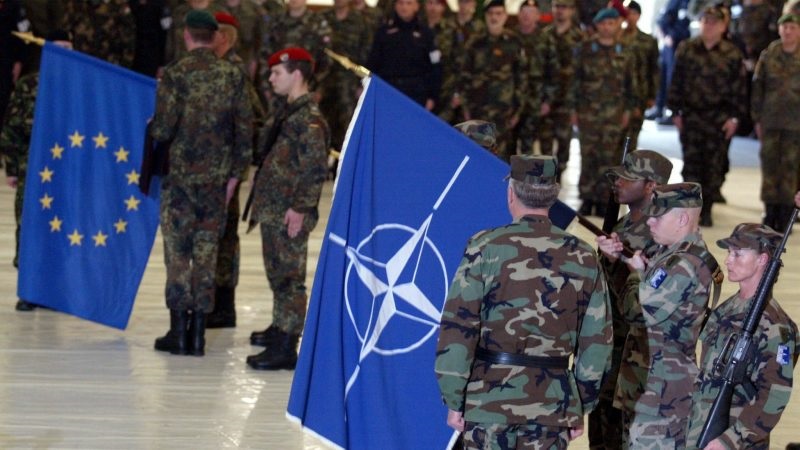 Photo: EPA
Photo: EPA
Britain and its European allies are divided over the possibility of sending a large-scale peacekeeping force to Ukraine, according to a new report, writes ‘The Times’.
The UK, France and several Nordic nations support sending thousands of troops to Ukraine following a possible ceasefire deal – while Germany is opposed to the plan.
Poland and the Baltic states meanwhile, believe the move could divert vital resources away from nations that border Russia, sources have told ‘The Times’.
Berlin opposes the idea, partly because it does not want to commit ahead of its February elections. The Baltic states and Poland – among Kiev’s most vocal supporters throughout the conflict – are reportedly concerned that such a deployment would divert NATO’s attention and resources away from their own defense, leaving them “exposed.”
The UK, France, and the Nordic nations are the most vocal advocates for a Western peacekeeping mission. However, even among them, officials worry that the EU would not be able to carry out the operation without US involvement.
There is a growing belief among officials that any deployment of NATO troops to Ukraine would require the approval of US President Donald Trump.
A European diplomatic source told The Times that Washington’s participation would be necessary because “they have capabilities that all of Europe lacks,” including the “ability to retaliate at scale if needed.” US President Donald Trump has previously stated that Washington should not provide troops or funding for such a mission.
Sending a peace-keeping force to Ukraine would also require the approval of Russia, which, at this stage, is unlikely.
“If Russia does not buy the idea it is dead and if the US does not provide a hammer the idea is dead. Never say never, but I do not see this albatross getting off the ground,” a senior military source told ‘The Times’.
Britain itself could theoretically send around 10,000 troops but it remains to be seen whether Europe could generate the force required without US assistance.
read more in our Telegram-channel https://t.me/The_International_Affairs

 11:33 05.02.2025 •
11:33 05.02.2025 •






















